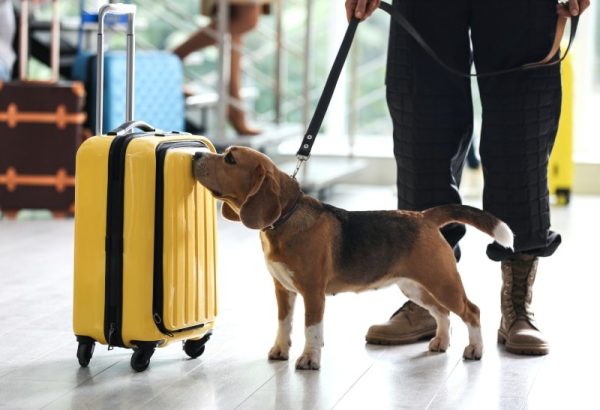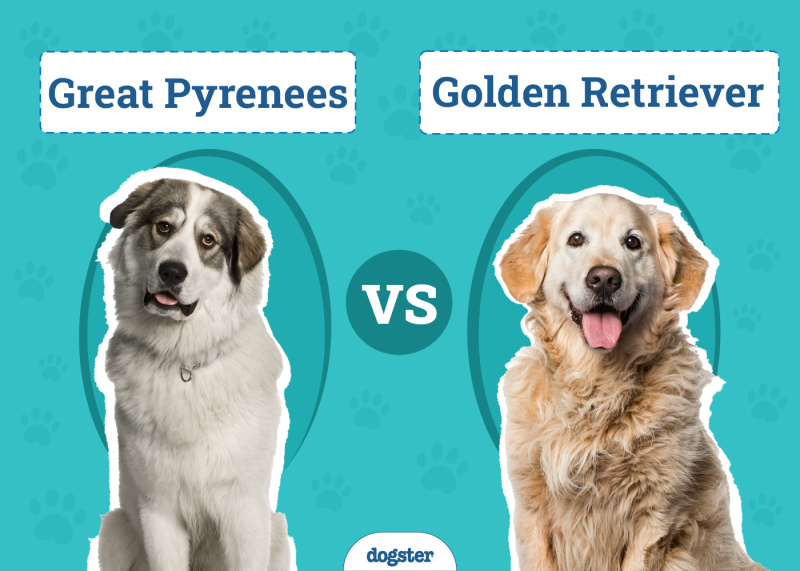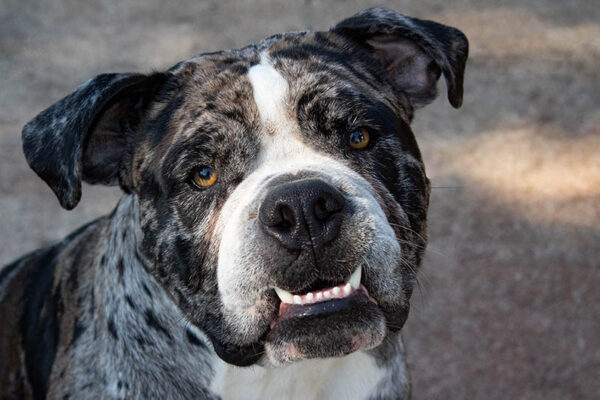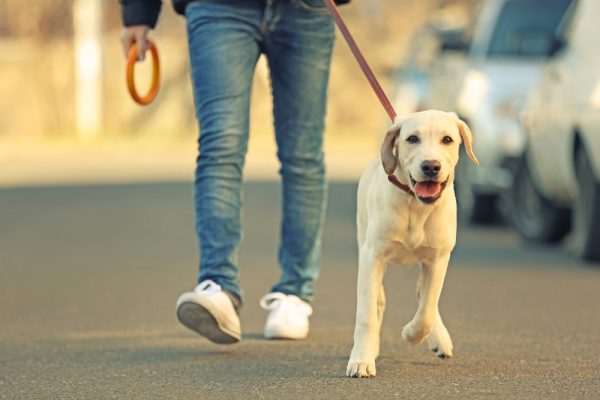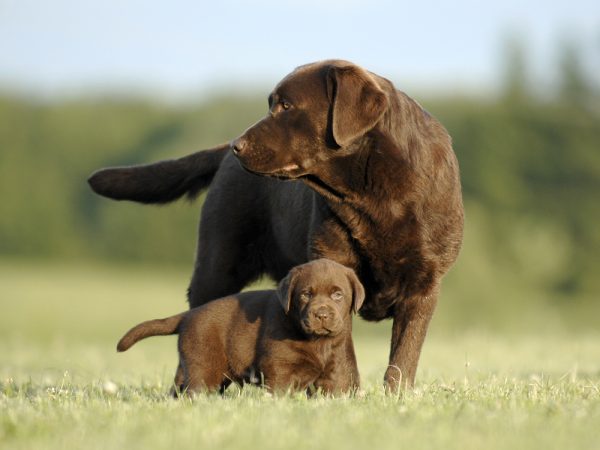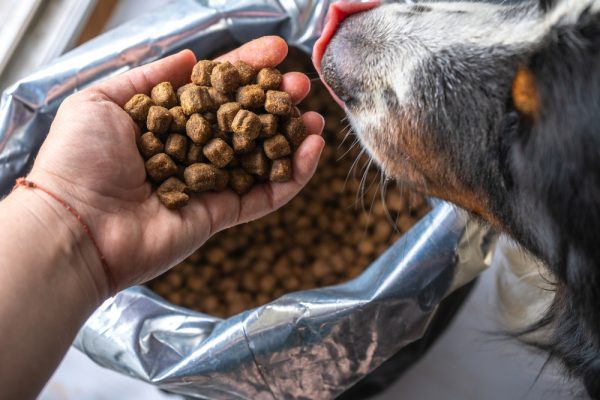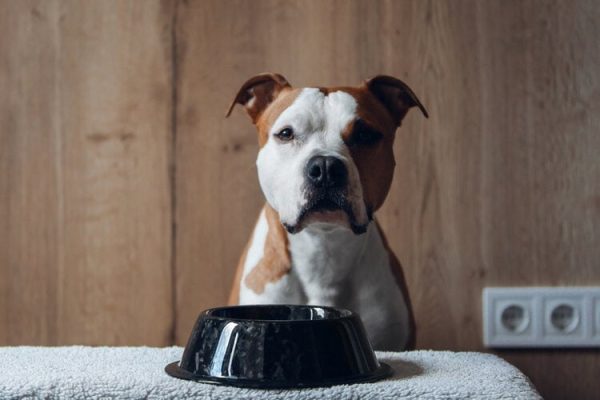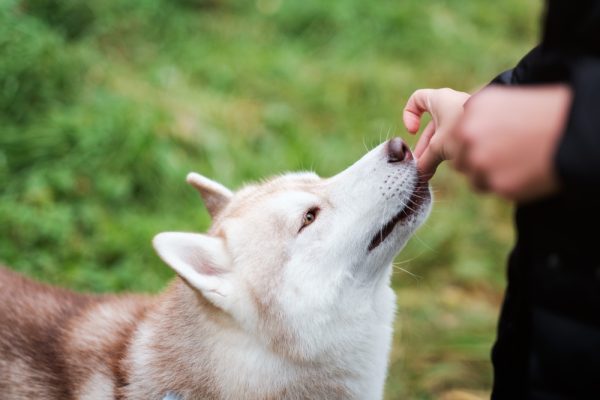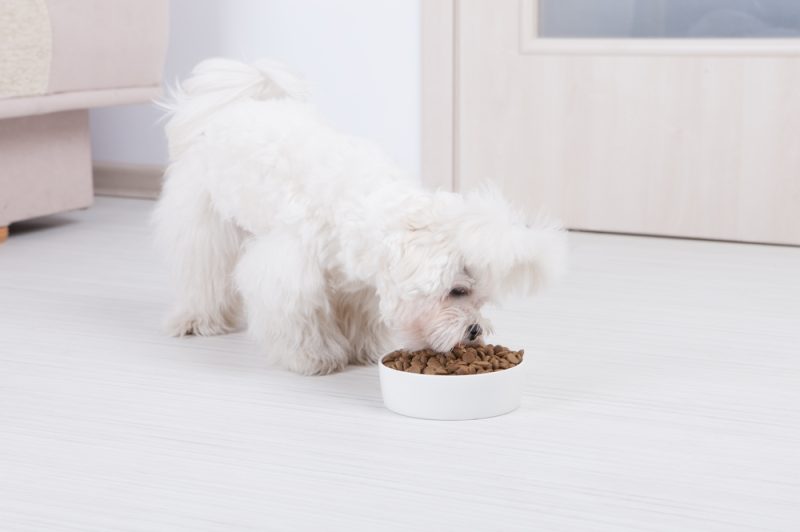In this article
The Boxer is one of the most popular breeds for families. They appear muscular and powerful, but behind that athletic exterior hides a playful, affectionate dog who will make you laugh all day with silly antics. But are they a good fit for first-time owners? Is there anything about them that you need to know?
If you want the short answer, Boxers can be good for those first-time owners who are able to keep up with their exercise and health requirements. Being a brachycephalic breed, there are several health issues common in the breed. It’s best to find accurate information about the Boxer breed and consult with a vet before you actually get one. This article will provide all the facts you need to decide if they are right for you.

What You Need to Know About a Boxer
The potential owner of a Boxer needs to gain a solid understanding of the breed, including what makes them unique, what they enjoy and dislike, and how to handle them properly. If you’re considering adopting a Boxer dog as a companion, please keep the following breed characteristics in mind.
Energy Level
Boxers are very active and playful canines who enjoy staying busy. Many of them end up in rescue shelters because their families did little to no research and were unaware of the immense amount of energy this breed has.
Boxers require a lot of daily exercise in a securely fenced-in yard or dog park with a firm leash. Walking down the street in the morning is not enough. The best way for a Boxer to burn off excess energy and keep them physically and mentally stimulated is by playing with their owners or other dogs.
Remember that a lack of exercise will inevitably make a Boxer impulsive and destructive, so ensure you give them the appropriate number of activities they need to become a well-behaved, healthy, and happy family member.
However, Boxers younger than a year old should not be allowed to overextend themselves or engage in excessive running or jumping because their bones are still developing, and it can lead to serious orthopedic problems down the line.

Boxers With Family Members
Boxers are generally protective of their families and utterly reliant on the company of their family members. They should be kept indoors for the most part and cannot be left unattended for long periods. If owners ignore or give Boxers improper care, they can develop separation anxiety and exhibit undesirable behaviors like chewing, digging, and barking.
Since they are strong chewers, you can guess that they have the potential to cause significant damage to your house. Therefore, adopting a Boxer requires spending a lot of quality time with them, but you can rest assured that the reward is worth it! Boxers are known for their uncanny ability to empathize with the feelings of people around them.
Boxers and Children
Boxers tolerate children pretty well, and if given the opportunity, they’ll happily play with your kids all day. However, they can accidentally knock over a young kid when they get too excited while playing and should always be supervised when around kids.
Boxers and Other Pets
Aggression is not a trait of well-bred and socially integrated Boxers. They’re friendly and can get along well with other dogs and cats if trained and socialized from a young age. If you wish to have more than one dog, a Boxer of the opposite sex or a breed with roughly the same energy level is a good option, but remember it comes with double care and veterinary requirements.

Is a Boxer a Good Family Guard Dog?
Boxers have a protective temperament, and when properly socialized and trained, they make excellent guard dogs. They take their roles as family protectors seriously, so you can expect they will face threats bravely and protect you at all costs if you’re in danger.

Other Breed Characteristics
Boxer Health
Boxer owners should save money or take up pet insurance early on for unplanned vet expenses besides regular antiparasitic treatments, spaying or neutering, and annual vaccine check-ups. Boxers are prone to several health problems, such as brachycephalic obstructive airway syndrome, hip dysplasia, epilepsy, eye and skin problems, cancer, dilated cardiomyopathy, arrhythmogenic right ventricular cardiomyopathy, gastric dilatation-volvulus, hypothyroidism, and cranial cruciate ligament.
Besides regular veterinary checkups and ensuring your Boxer comes from a reputable breeder, who has performed the recommended health and genetic testing of the parents and the puppies, it is essential to provide them with high-quality food and treats (without meat by-products, artificial preservatives, or chemicals).
Some Boxers drool a lot, and some snort and snore. They are friendly and softhearted, so they will leap up on you, crawl into your lap, and cover you with wet kisses.
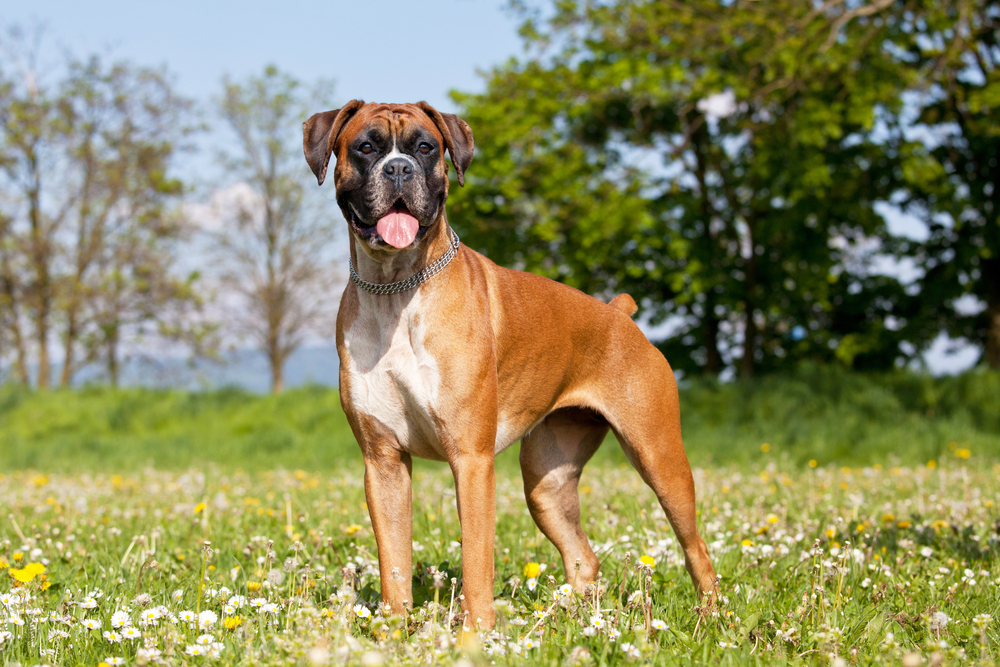
Shedding and Grooming
Boxers shed, but grooming their short coats isn’t difficult and can be a great way to strengthen your relationship. However, they are particularly prone to flank alopecia. Along with regular brushing, which typically reduces shedding pretty well, you should give your pet high-quality food that meets all of their nutritional requirements. Speak to your vet about any vitamin or omega fatty acid supplements, such as flax seed or salmon oil, before implementing these.
Chewing
Most Boxers enjoy chewing. Shoes, chair legs, coffee tables, remote controls, door frames, and other items are fair game. Therefore, you must give them stimulating toys to chew on and activities to engage in when you are not around. It can be a KONG packed with goodies or another delicious mixture, a food cube, treat balls, or something like Nylabone products.
Eating Habits
Some Boxers have messy eating habits. When they shake their heads, they spit, drool, and throw bits of food around the room, and some even treat the couch cushions as their napkins. Food that falls on the floor, next to the bowl, or gets caught in their jowls might even be more than the amount that ends up in their stomach. However, people who aren’t too concerned by these habits can quickly clean up after them.
Training and Behavior
Boxers are known for being a little stubborn when training, which sometimes gives them the unfair label of “stupid.” If you want a dog that always obeys your commands, this breed might not be for you. Also, since they’re powerful and full of energy, Boxers need a firm owner who is patient and loving.
Whether you train Boxers yourself or sign them up for a class, they still require obedience training to teach them good manners. They’re intelligent and pick things up quickly, so when it comes to training, it’s just a matter of getting beyond their stubbornness. If you use positive reinforcement and follow a non-repetitive, fun, and enjoyable training routine, a Boxer will likely be attentive and happy.
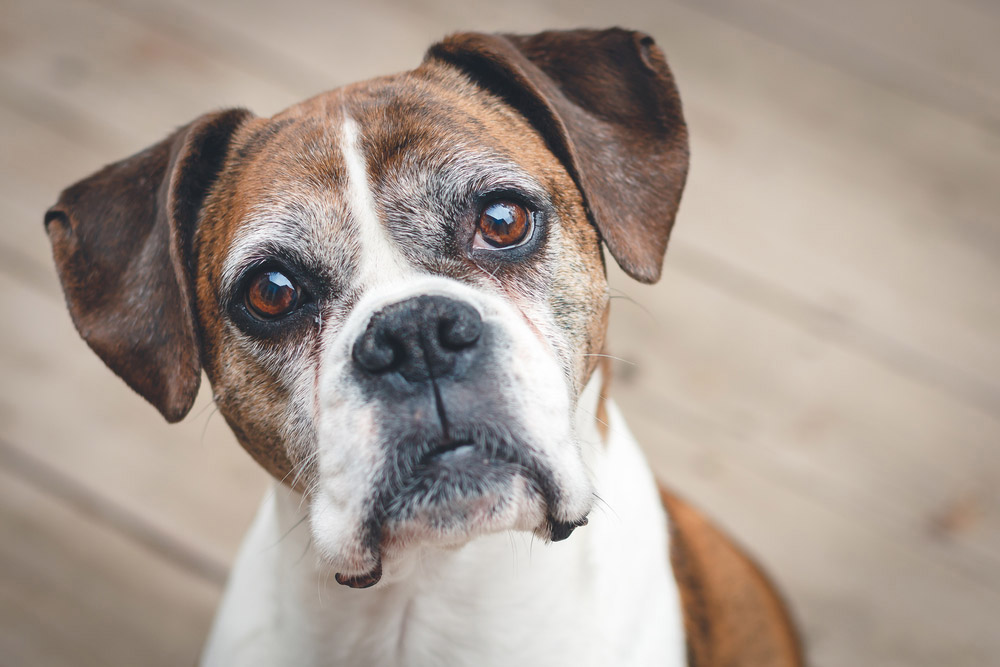

Is a Boxer Good for Novice Owners?
According to the American Kennel Club, the Boxer is one of the top nine great breeds for first-time owners. Regardless of your history or level of experience with dogs, owning a Boxer can be a rewarding experience as long as you can make sure to give them plenty of exercise, mental stimulation, and training sessions with the proper methods using positive reinforcement as well as a balanced diet and keeping up with regular preventative veterinary care.
Are You Right for a Boxer?
The great spirit of a Boxer will make owning one a very joyful experience. If your job requires you to travel frequently, you might want to think about another breed because Boxers are very social and can get bored and destructive if you leave them alone often.
In addition, Boxers have a very high energy level, so they need a lot of physical and mental stimulation. Unless you’re ready to spend time with an energetic dog, you’re not a good fit for a Boxer. However, active people like runners or hikers will enjoy having a companion like a Boxer because they make outdoor activities much more enjoyable.
How to Take Care of a Boxer as a New Owner
If you’re ready to take on the responsibility of adopting this fun-loving breed, here are some of the best tips. The first step is to dog-proof your home by putting away anything your new Boxer shouldn’t access, like electrical cords, toiletries, medicines, cleaning supplies, poisonous plants, etc.
You can use baby gates to keep them out of restricted areas in your home. If you have a yard, make sure to install a tall fence to enclose it. Since Boxers can’t handle extreme temperatures due to being a brachycephalic breed, it’s best to avoid taking them out during the hottest part of the day in the summer.
Your Boxer puppy will need certain essential items, such as a crate, comfortable bed, collar, leash, toys, grooming tools, ID tags, water bowls, and quality dog food, as well as a local veterinarian. So it’s best to prepare in advance.

Summary
Playful Boxers are perfect for those seeking medium-sized, energetic dogs, and they may be the right match for you if you live an active lifestyle. They are sweet, cheerful, and devoted. There are only a couple of things you should consider: whether you can handle all their excitement and provide them with the amount of exercise they’ll need every day, and whether you can ensure they keep up with regular veterinary care due to their predisposition for certain health issues. If the answer is yes, there’s no reason why you shouldn’t adopt a Boxer, even if you’re a first-time owner.
Featured Photo Credit: Photobac, Shutterstock


